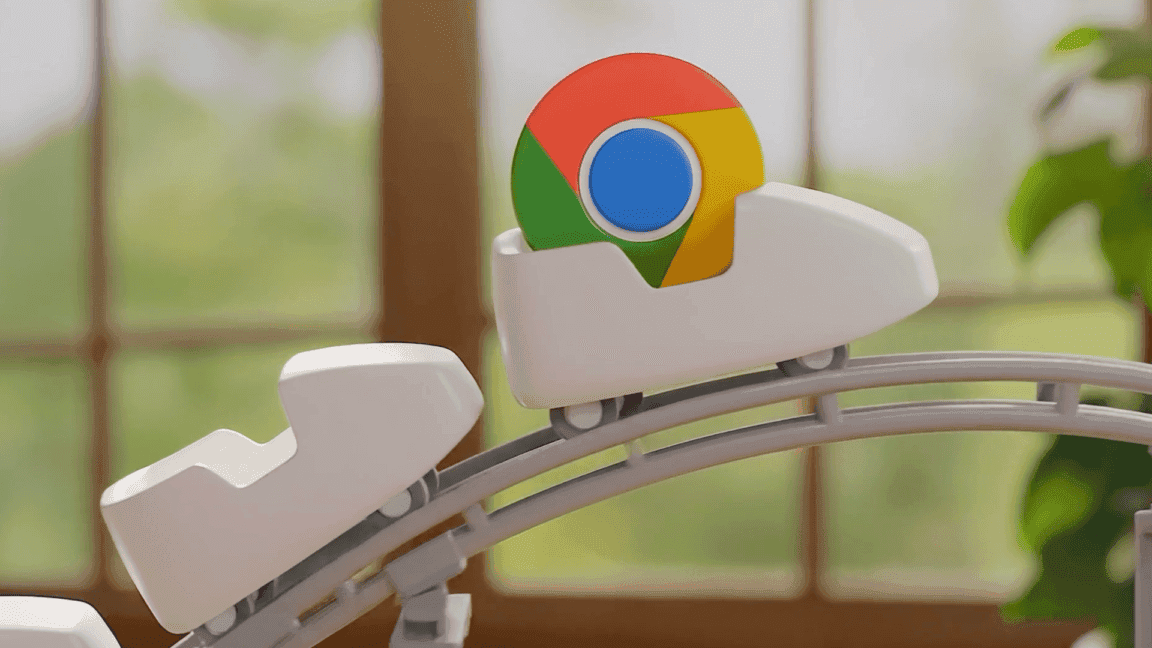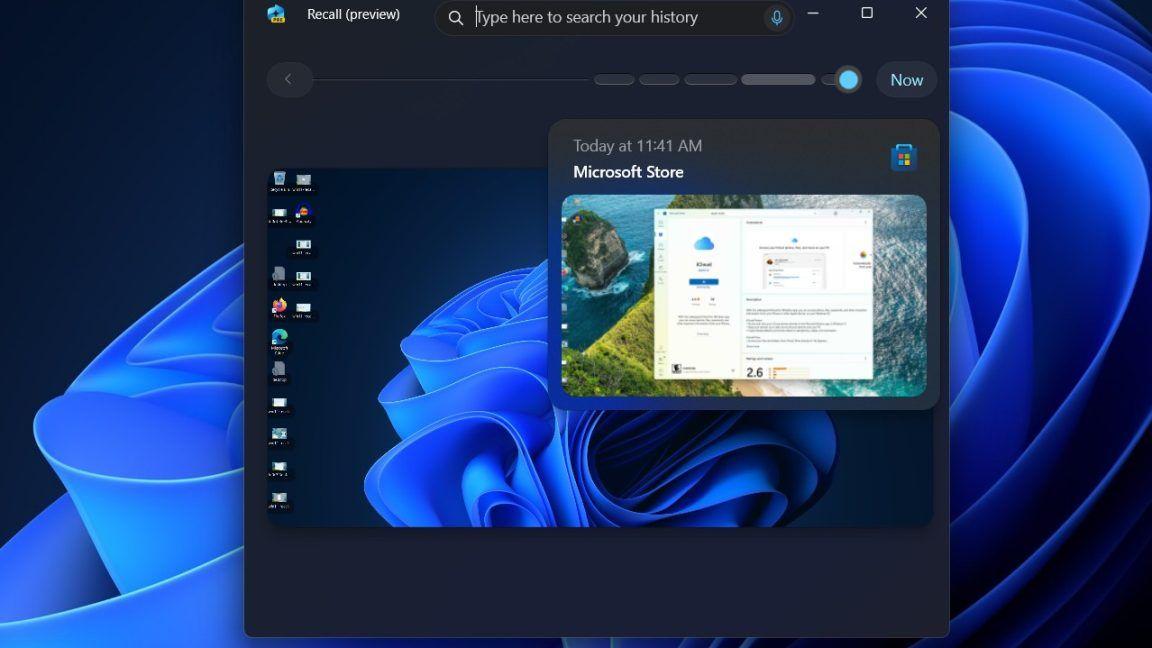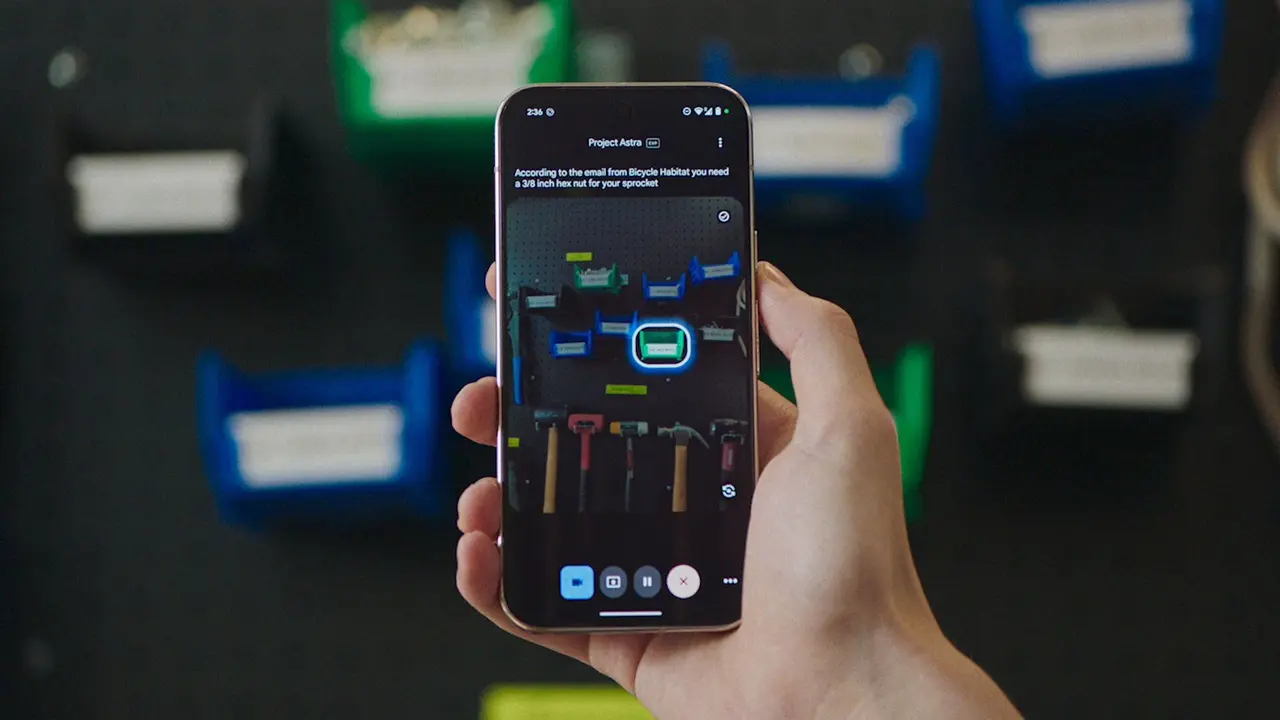Microsoft's Controversial AI-Assisted 'Recall' Feature in Windows 11 Cannot Be Uninstalled
3 Sources
3 Sources
[1]
It looks like you won't be able to uninstall Recall, the controversial AI-assisted Windows 11 screen-capping feature, and I can't say I'm too surprised
Can you recall a time when annoying Windows features were easy to uninstall? I can't. Despite all the backlash and security problems the upcoming Windows Recall feature has faced, it now looks like Microsoft won't be giving users the option to uninstall it. That's right, whether you use it or not, you're not going to be able to rid your system of the feature. While notes for a previous Windows update made it seem like Recall would be a feature that can be disabled, Microsoft has told The Verge that the way it was listed in these update notes was a "bug." The company states, "We are aware of an issue where Recall is incorrectly listed as an option under the 'Turn Windows features on or off' dialog in Control Panel," and confirming, "This will be fixed in an upcoming update." For those unaware, Recall is a feature that's meant to "help you find anything you have ever seen or done on your PC". For example, you could ask Recall to find that spectacularly hilarious video you were watching a few days ago but forgot to bookmark. If that seems impossible then you're forgetting the magic of AI -- this being why Recall is a feature meant only for Copilot+ PCs with powerful NPUs, such as those in the Snapdragon X Series or the recent AMD Strix Point APUs. Or perhaps you're wondering how even an AI-powered feature could achieve such a feat without having records of absolutely everything you've done on your PC. I mean, that would be a security nightmare, right? If that's what you're wondering, you're right to wonder -- because it can't. Recall does, in fact, take screenshots of your desktop every few seconds, and it's this requirement that has caused backlash. Such a backlash, in fact, that Microsoft backtracked and said the feature won't be enabled by default as was previously expected, and users will instead have to opt in to use it. There's also the fact that researchers managed to bypass Windows security to access all the stored images, which is not a good look. Microsoft might have since made changes to improve security and reassured us that the images will only be locally accessible to the Recall user, but that such a hack was possible in the first place hasn't improved public perception of Recall. There's also rumour of "intelligent media search" in the works, too, this being a Windows feature that will scan and transcribe all your computer's audio and video files to find the phrase you're looking for. Such a feature would certainly gel with Microsoft's Recall plans and likely grate against existing security concerns. And now, after all this and a postponed feature launch, it looks like we won't be allowed to uninstall it when it does actually come out. Although, I should note that Microsoft hasn't confirmed that Recall won't be able to be uninstalled, only that the note hinting it would be was a bug. Personally, I wouldn't count on Microsoft allowing us to uninstall the feature completely. The company doesn't have the best track record for allowing such things. Remember Cortana? Heck, even Microsoft Teams and OneDrive can be difficult to get rid of. Let's just hope leaving the feature disabled will be enough. No funny business, okay, Microsoft? Okay?
[2]
Microsoft's Recall Feature Can't Be Uninstalled From Control Panel
Copilot+ PC users won't be able to delete Microsoft's upcoming Recall feature from their machines via a submenu in the Windows Control Panel. Recall is first being launched to Windows Insiders. German tech site DeskModder noticed that Windows showed Recall as something that could be effectively uninstalled by navigating to the Windows Control Panel > Programs > Programs and Features > Turn Windows Features On or Off, sharing a screenshot of the option in question. But Brandon LeBlanc, senior product manager for Windows, says the Recall box was added in error. "We are aware of an issue where Recall is incorrectly listed as an option under the 'Turn Windows features on or off' dialog in Control Panel," LeBlanc said in a statement to The Verge. "This will be fixed in an upcoming update." PCMag has reached out to Microsoft for further comment. Recall is Microsoft's AI-powered feature that takes screenshots of your PC's activity in the background as you're using it so you can search for past moments later if you want. It lets you return to a multi-app moment in your PC's past that's more comprehensive than just searching your web browser's history alone. Recall was initially expected to launch with the compatible Copilot+ PCs earlier this year. But security concerns caused delays, and Recall is now expected to launch in beta next month. Recall won't be available for all Windows PCs. You'll need a Copilot+ PC, which launched this year, as well as a minimum of 16GB of RAM, 50GB of free space, and at least 256GB of total storage space. When Recall launches via a software update, it can be paused or modified to not screenshot certain sites or apps. Microsoft has said Recall will be an opt-in feature, meaning it'll appear on eligible devices, but users will have to turn it on. While it might not be possible for users to fully uninstall or delete Recall from their Copilot+ PCs, it's possible to keep the feature disabled or restrict its ability to track your activity. There's also the option to use a different PC entirely if you're not a fan of the AI feature, but with Apple's upcoming Apple Intelligence, the Copilot key, and Copilot button on Windows taskbars, it's getting harder and harder to avoid generative AI in the latest tech on the market.
[3]
How to uninstall Windows Recall
The controversial AI feature introduced by Microsoft, has been met with mixed reactions from users and many were left wondering if there is a way to uninstall Windows Recall. While some found the new feature helpful, others expressed concerns about its privacy implications and potential for misuse. In response to user feedback, Microsoft has now added the option to completely uninstall Windows Recall from Copilot+ PCs. Windows Recall is a feature designed to assist users by suggesting relevant information and actions based on their context and history. However, some users felt that Windows Recall was overly intrusive and collected too much personal data. Microsoft's decision to allow users to uninstall Windows Recall demonstrates its commitment to user choice and privacy. By providing users with the option to remove the feature, Microsoft is empowering them to customize their Windows experience and decide what level of AI assistance they are comfortable with. Windows Recall is a new AI feature introduced in Windows 11 that aims to enhance your productivity and streamline your workflow. It essentially acts as a "search engine" for your computer's history, allowing you to quickly find and access information you've seen or interacted with. Here's a breakdown of what Windows Recall does: Essentially, Windows Recall provides a visual search capability for your computer's history, making it easier to find and revisit information.
Share
Share
Copy Link
Microsoft's new AI-powered 'Recall' feature for Windows 11, which captures screen content, has sparked controversy as users discover it cannot be uninstalled through traditional methods. This development raises concerns about user control and privacy.

Introduction to Microsoft's 'Recall' Feature
Microsoft has introduced a new AI-assisted feature called 'Recall' for Windows 11, designed to capture and analyze screen content. This tool has quickly become a topic of controversy among users and tech enthusiasts alike. The feature, which is part of Microsoft's push towards AI integration in its operating system, has raised eyebrows due to its apparent inability to be uninstalled through conventional means
1
.The Uninstallation Conundrum
Users have discovered that the Recall feature cannot be removed using the standard Control Panel uninstallation process. This revelation has led to concerns about user control over their operating system and the potential privacy implications of having an always-on screen capture tool
2
. The inability to uninstall Recall through traditional methods has left many users feeling uneasy about the level of control they have over their systems.Microsoft's Stance and User Reactions
Microsoft has not provided a clear explanation for why Recall cannot be uninstalled like other Windows features. This lack of transparency has fueled speculation and criticism from the tech community. Some users view this as an overreach by Microsoft, potentially infringing on user privacy and autonomy
1
.Alternative Methods to Disable Recall
While uninstallation is not possible through the Control Panel, there are alternative methods to disable or remove the Recall feature. These include using PowerShell commands or third-party tools designed to modify Windows installations
3
. However, these methods often require advanced technical knowledge and may not be suitable for all users.Related Stories
Implications for Future Windows Updates
The controversy surrounding Recall raises questions about the future direction of Windows updates and Microsoft's approach to integrating AI features. It highlights the delicate balance between innovation and user control, a challenge that Microsoft and other tech giants continue to grapple with in the age of AI-enhanced software
2
.Privacy Concerns and Data Collection
The core of the controversy lies in privacy concerns. Users are wary of the potential for misuse of data collected by the Recall feature. While Microsoft assures that the feature is designed with privacy in mind, the inability to completely remove it has left many skeptical about the extent of data collection and its potential uses
1
.References
Summarized by
Navi
[3]
Related Stories
Recent Highlights
1
Elon Musk merges SpaceX with xAI, plans 1 million satellites to power orbital data centers
Business and Economy

2
SpaceX files to launch 1 million satellites as orbital data centers for AI computing power
Technology

3
Google Chrome AI launches Auto Browse agent to handle tedious web tasks autonomously
Technology








